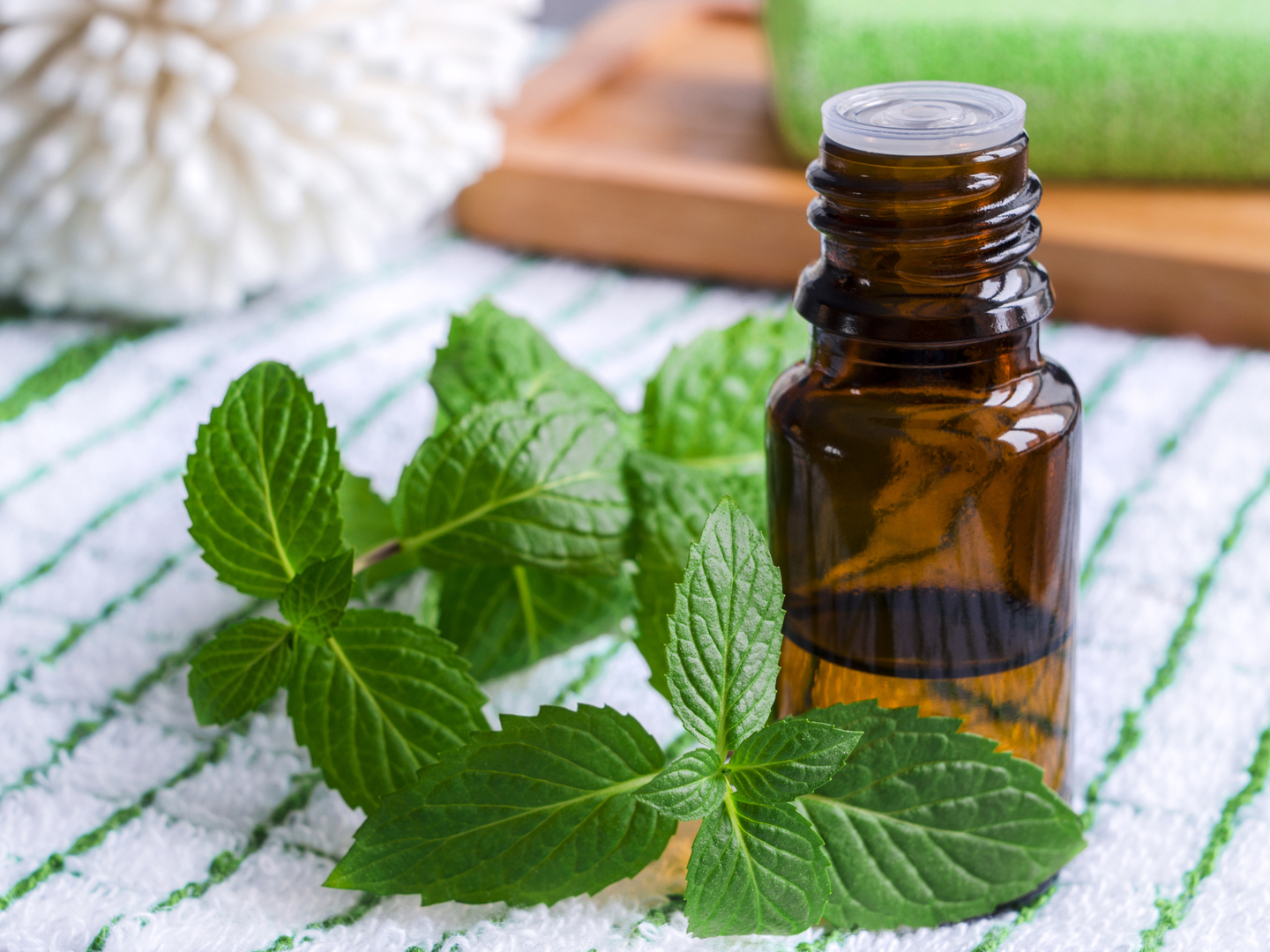
The typical symptoms of IBS are pain, bloating, gas and diarrhea or constipation. Other symptoms can include mucus in your stool and pain relief after a bowel movement. You might also have the sensation of incomplete emptying after a bowel movement. IBS symptoms occur when muscles in your large intestine contract more quickly or more slowly than normal.
Diet and lifestyle changes may reduce the symptoms associated with IBS.
- Chamomile: This herb is known for its calming effect on smooth muscle tissue, making it an effective remedy for gastrointestinal spasms and menstrual cramps, as well as GI tension resulting from stress. Chamomile is also used for indigestion and gas. It is effective in alleviating the bowel cramps connected to the condition, as stated by University of Maryland Medical Center. Steep chamomile tea, dispense boiling water on top of two to three tablespoons of desiccated chamomile and let the tea steep for 10 to 15 minutes. Taking three to four cups of chamomile tea daily amid meals might give certain respite from IBS indications.
- Peppermint: It relieves symptoms of irritable bowel syndrome. One research shows that peppermint acts through a specific anti-pain channel called TRPM8 to reduce pain sensing fibres, particularly those activated by mustard and chilli. This is potentially the first step in determining a new type of mainstream clinical treatment for Irritable Bowel Syndrome (IBS). According to the National Center for Complementary and Alternative Medicine, part of the National Institutes of Health, peppermint oil is best when consumed in coated-capsule form, which reduces the likelihood of heartburn. It’s considered safe when used in small doses, with common side effects generally limited to nausea and allergic reactions. But excessive doses of peppermint oil may cause kidney problems. Tea steeped from peppermint leaves might also relieves symptoms. To steep peppermint tea, brew one teaspoon of desiccated leaves for 10 minutes and then drain and cool the tea prior ingesting. Four to five cups of tea amid meals might pacify spasms and alleviate gas, notices UMMC. If you have gastro-esophageal reflux disease, or GERD, peppermint tea or further formulations might aggravate your dyspepsia or indigestion.
- Fennel: This herb is traditionally used for ‘wind’ as it relaxes the stomach and eases cramps. It also has anti-inflammatory effects. The primary volatile oils in fennel are anethole, fenchone, and estragole. The higher the volatile oil content of the fennel, the more effective fennel tea will be for IBS symptoms. In addition, fennel acts as an antispasmodic by relaxing the smooth muscle lining of your digestive tract.
- Aniseed: The seeds have a very sweet, pronounced licorice taste and contain a volatile oil, anethol, that aids in the digestion of rich foods and settles the stomach. Anise stimulates gastric juice production, relieves nausea, and is helpful for colic. It regulates digestion, making it useful for both constipation and diarrhea. It can be easily brewed into tea. Lightly crushing the seeds before brewing them with hot water will increase their strength. Whole anise seeds can also be chewed.
- Ginger: Fresh ginger contains serotonin antagonists that both improve gastric mobility and have an antispasmodic effect on the intestines, which may indicate ginger can offer relief from IBS by relaxing the intestines during an attack.
There is no cure for IBS, but with a proper diet and some help from your doctor, symptoms can be made more manageable.
